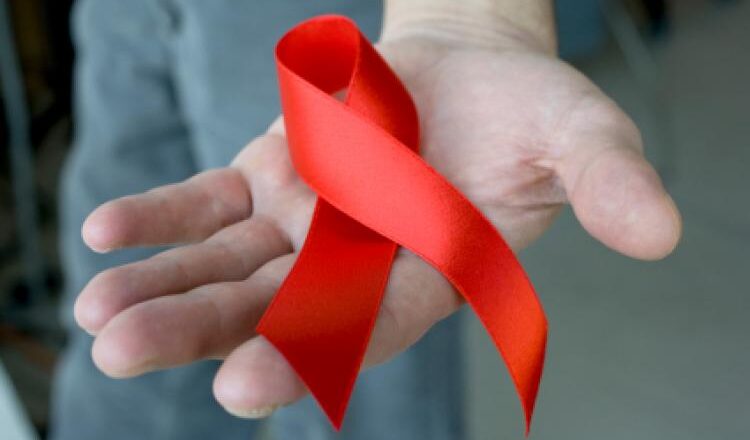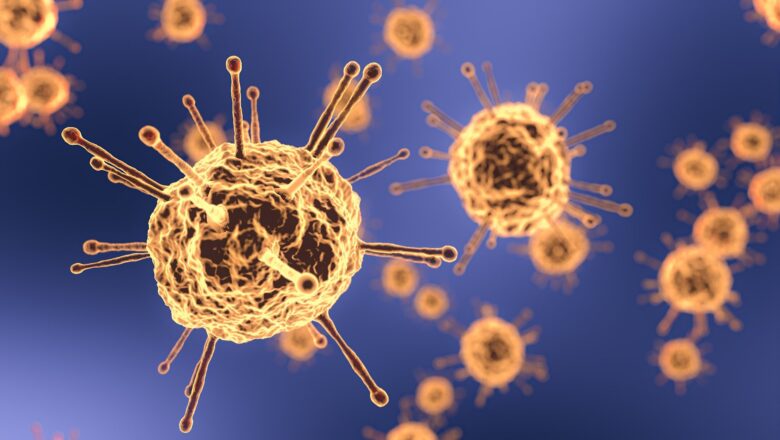
Scarlet Fever in Children: Vaccination and Prevention Methods
Scarlet fever is among the many diseases that affect children's health. It is a contagious viral infection usually seen in children. This disease usually presents with symptoms such as red rash, fever and sore throat. However, there is an effective method of protection against this disease: vaccination.
What is Scarlet Fever?
The scarlet fever vaccine is a vaccine that protects against the scarlet fever virus. This vaccine is usually included in the routine vaccination schedule during childhood. Children usually receive the first dose in two doses, with the first dose around 1 year of age and the second dose between 4 and 6 years of age.
Benefits of Vaccination
Reduces the Severity of the Disease: The vaccine reduces the severity of the disease. Vaccinated children tend to ex...


